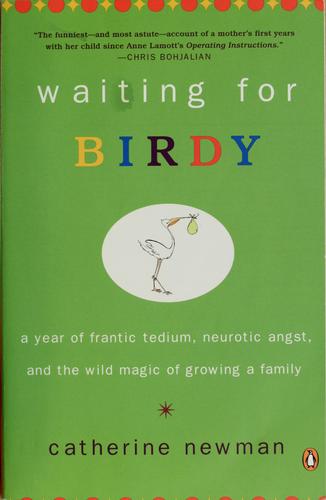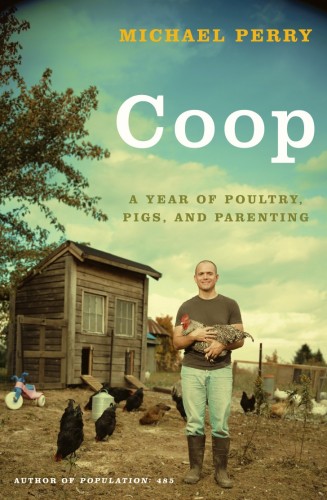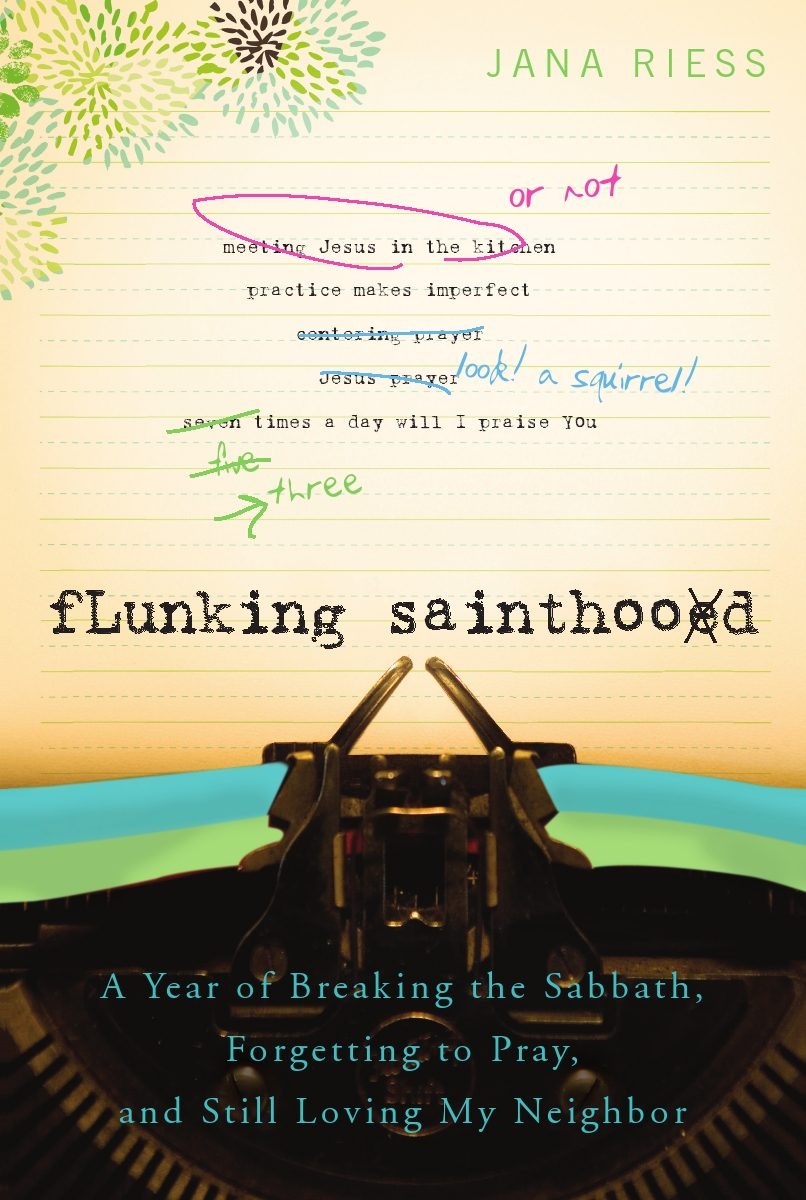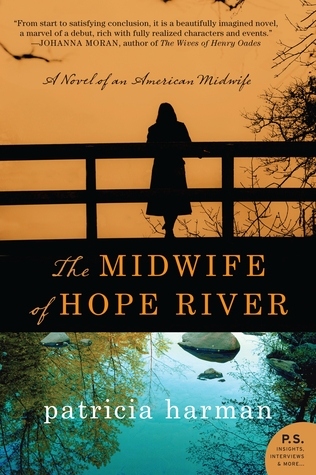How do you feel about “year of” books? You know, books that chronicle one year of the author’s life–often a year in which the author is doing some kind of strange lifestyle experiment.
I must admit I have mixed feelings about them. Sometimes the experiments are too far-fetched to be interesting. Sometimes the whole “year of [whatever]” format feels forced. But at the same time, I like the idea of embarking on year-long experiments and writing about them. And I’m thinking about starting my own “year of” experiment come January.
The weather’s turned a bit nasty lately, and so I’ve spent some days curled up reading “year of” books.  First, A.J. Jacobs’ Year of Living Biblically: One Man’s Humble Quest to Follow The Bible as Literally as Possible. I liked this one much more than I thought I would, although I think that A.J. Jacobs’ “slave,” Kevin Roose, wrote a much better book, Unlikely Disciple, while embedded among actual believers. Like many reviewers, the biggest problem with Year of Living Biblically is that it’s idiosyncratic, not tied to the actual practices of a given community. And is he the one to blame for the phrase “picking and choosing”–as in “you don’t follow all of the Bible; you pick and choose”? Just wondering.
First, A.J. Jacobs’ Year of Living Biblically: One Man’s Humble Quest to Follow The Bible as Literally as Possible. I liked this one much more than I thought I would, although I think that A.J. Jacobs’ “slave,” Kevin Roose, wrote a much better book, Unlikely Disciple, while embedded among actual believers. Like many reviewers, the biggest problem with Year of Living Biblically is that it’s idiosyncratic, not tied to the actual practices of a given community. And is he the one to blame for the phrase “picking and choosing”–as in “you don’t follow all of the Bible; you pick and choose”? Just wondering.  Then, Waiting for Birdy by Catherine Newman. I may get in trouble for this, but I liked this one even better than Operating Instructions by Anne Lamott. I was laughing out loud on almost every page, and she captured the “neurotic angst” of parenting young kids so well:
Then, Waiting for Birdy by Catherine Newman. I may get in trouble for this, but I liked this one even better than Operating Instructions by Anne Lamott. I was laughing out loud on almost every page, and she captured the “neurotic angst” of parenting young kids so well:
“Sometimes…I want uniformed personnel to come to the house with clipboards and evaluate our caretaking capabilities…I want to see the big rubber stamp at the bottom: GOOD ENOUGH.”
Plus, both of my pregnancies were like hers in terms of the nausea and the neurosis. The gagging and retching if someone so much as opened a refrigerator somewhere. (Actually, if I so much as imagined someone so much as opening a refrigerator somewhere.) And the obsessive pregnant Googling. (‘In-N-Out burger pregnancy,’ ‘snowboarding 6 weeks pregnant danger,’ and ‘dehydration vomiting effects on fetus.’) You know, just to prepare myself for the worst.
 This one, Coop: A Year of Poultry, Pigs and Parenting I can’t say too much about because I liked and didn’t like it all at once. I loved the way he wrote about his own parents, who were part of some Christian cult but still pretty great parents, seems like. I loved the reflections on the homebirth–especially the way he captured that weirdness that surrounds a peaceful and non-traumatic birth (we were just three but now we’re four…?), but the style unfortunately reminded me lots of Leif Enger’s Peace Like a River, a book that is loved by seemingly everyone I know but which I really did. not. like. The word that comes to mind is “overwrought.” Some of the poetic language feels like it fits just fine, and some just feels…overwrought. Sorry. =(
This one, Coop: A Year of Poultry, Pigs and Parenting I can’t say too much about because I liked and didn’t like it all at once. I loved the way he wrote about his own parents, who were part of some Christian cult but still pretty great parents, seems like. I loved the reflections on the homebirth–especially the way he captured that weirdness that surrounds a peaceful and non-traumatic birth (we were just three but now we’re four…?), but the style unfortunately reminded me lots of Leif Enger’s Peace Like a River, a book that is loved by seemingly everyone I know but which I really did. not. like. The word that comes to mind is “overwrought.” Some of the poetic language feels like it fits just fine, and some just feels…overwrought. Sorry. =(
 Ah! Flunking Sainthood! No joke, I read (and loved) this book and sent an appreciative fan-email to the author, Jana Riess LITERALLY MINUTES before I found out that Publisher’s Weekly had named it one of the 10 best religion books of 2011 (along with Amy Julia Becker’s A Good and Perfect Gift, yay, Amy Julia!). I love when I correctly guess award winners, although usually I’m aghast at what actually wins.
Ah! Flunking Sainthood! No joke, I read (and loved) this book and sent an appreciative fan-email to the author, Jana Riess LITERALLY MINUTES before I found out that Publisher’s Weekly had named it one of the 10 best religion books of 2011 (along with Amy Julia Becker’s A Good and Perfect Gift, yay, Amy Julia!). I love when I correctly guess award winners, although usually I’m aghast at what actually wins.
(Crash over Brokeback Mountain? ARE YOU KIDDING ME? Yes, I know that was like a decade ago. I’m still annoyed.)
Anyway! Flunking Sainthood is great, really really great. Jana Riess’ comic voice gives A.J. Jacobs a serious run for his money–maybe it’s just me, but hers is much, much funnier, I think. The part of me that is restless and likes to try everything enjoyed that hers involved a different spiritual practice for each month for a year instead of a true year-long thing. And I was really happy that she failed at each practice but–when it came down to it–when she was called upon to love the person who had hurt her the most, her father, dying in Mobile, Alabama
“all of those unsuccessful practices, those attempts at sainthood that felt like dismal failures at the time, actually took hold somehow. They helped to form me into the kind of person who could go to the bedside of someone who had harmed me and be able to say, “I forgive you[.]”
The thing that was so great about Flunking Sainthood was that, in the end, the various stunts (fasting, Sabbath keeping, generosity) were anything but irreverent (even though her wry observations throughout–pre-Sabbath toilet paper shredding, anyone?– might convince you otherwise.) They were preparing the way for her to love God, and her neighbor.
(And did you know that St. Francis wasn’t a vegetarian? I didn’t either.)











